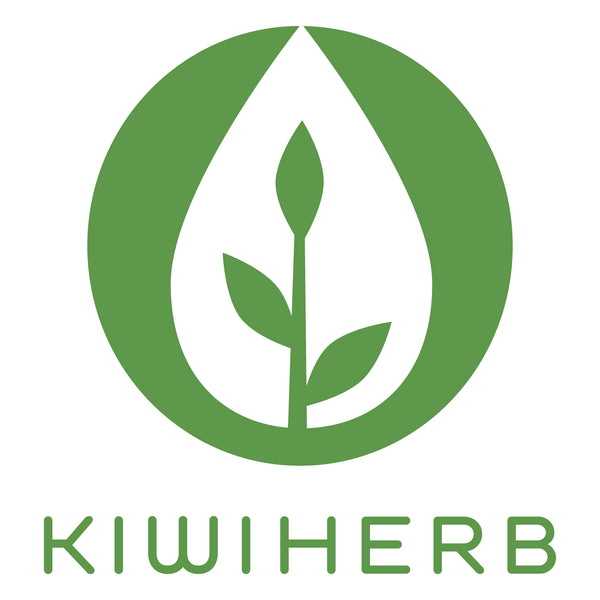Ginger

Botanical name: Zingiber officinale
Common name: Ginger
Part used: Rhizome
Ginger has a long history of use in many different cultures, particularly to enhance digestive processes and relieve digestive problems such as colic, flatulence, cramping and loss of appetite. It has been employed in the treatment of nausea and loss of appetite, gastrointestinal cramping and, as a circulatory stimulant, for cold extremities. Hot infusions were used to ‘break-up’ colds and relieve the discomfort of painful menstruation.
In recent years a number of pharmacological and clinical trials have provided scientific evidence which supports the traditional uses of this herb and its actions. A number of clinical trials have demonstrated significant antiemetic (antinausea) effects of ginger. Pharmacological studies have also demonstrated the ability of Ginger preparations to stimulate digestive secretions and assist the whole digestive process.
Ginger has been shown to inhibit enzymes involved in processes causing inflammation in the body, accounting for its use as an anti-inflammatory agent. Clinical trials have subsequently demonstrated the effectiveness of ginger in the treatment of arthritic and rheumatic conditions.
Ginger and its aromatic components have demonstrated fever reducing qualities and were found to have a significant antiviral action against the common rhinovirus, thus providing support for its traditional use in coughs, colds and flu.
Find Ginger in Kiwiherbs Kawakawa Stomach Calm, ColicComfort and Ginkgo Support.
Return to our Herb Profiles.

